The Council - Episode 1: The Mad Ones (PC) Review
By Athanasios  15.04.2018
15.04.2018
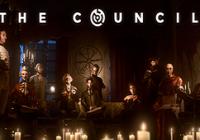
The words 'narrative driven adventure' have almost become a warning signal for gamers, as they tend to mean that, either there's so little gameplay involved that it's all like watching a movie that just requires holding a gamepad for a few hours, or that the experience simply turns out to be mind-numbingly linear, as the storyline doesn't really fork as intended, despite the player's efforts (here's looking at you, Telltale). Crafted by French industry veterans, the first episode of 18th Century crime/mystery thriller, The Council, strives to change all that, by adding a strong dose of RPG-inspired mechanics into the mix, and it mostly succeeds.
Everyone, from the ugly-beyond-belief, white-powdered, wig-wearing Lord known as Sir Gregory Holm, to the stunningly beautiful young Duchess, Emily Hillsborrow, and her brave cleavage, the cast of The Council feels as if it consists of nothing more than aristocratic scum with a penchant for "shaping the world," which is one of the reasons why all sorts of illustrious characters, including George Washington and Napoleon Bonaparte, have accepted the summoning of the enigmatic impossibidillionaire, Lord Mortimer. Among this, mostly unlikable, bunch, is Luis de Richet - a young investigator, and member of the incredibly influential secret society, The Golden Order.
It seems that one of the most important key members of the organisation, his very mother, has gone missing in Mortimer's grandiose manor, and Luis is tasked with finding her, and, of course, learn why this has happened, while also trying to figure out what's going on in this island in the middle of nowhere, who Mortimer is, what does he want from his mama, and where his guests fit in all this. What's interesting here is that, while definitely a narrative-driven adventure above all, it doesn't follow the typical multiple-choice-dialogue formula. Instead, everything revolves around the use of skills, which enable dialogue options and actions.
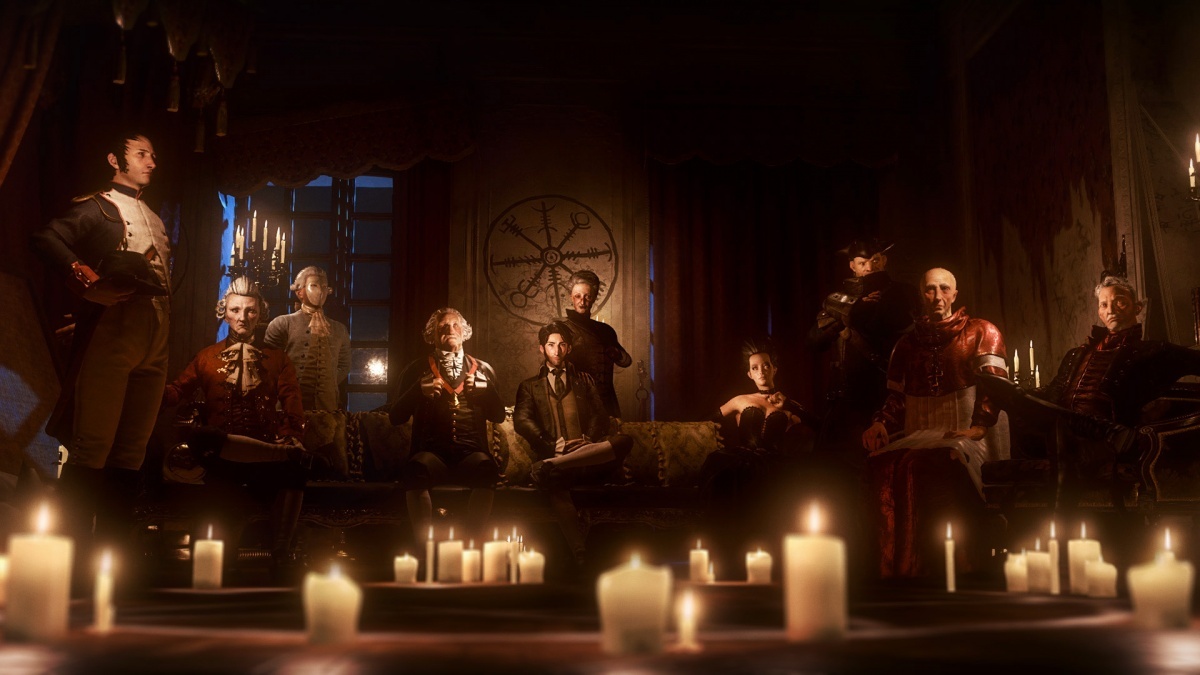
Divided between three classes, skills enable following different paths to your goal, whether that's through 'Psychology' in a conversation, 'Science' when observing a mechanism, or 'Subterfuge' when in need for some lock-picking (amongst others). Besides providing a great deal of versatility, skills also help the game role-playing-wise, as they let one play all sorts of characters, from manipulative, silver-tongued diplomats, and socially awkward know-it-alls, to action-ready, sharp-eyed detectives, and simple Jack of all trades. The only flaw concerning this system (at least in this episode) is how some sections favour certain skill categories over the rest.
As an example, there's a scene where the gang is having a nice little dinner, but unless Luis has a thing for politics, diplomacy, and etiquette, he remains silent throughout. Fortunately, this system mostly works as intended, especially as choices do actually matter, since they affect everything, from the outcome of a quest and the behaviour of characters towards Luis, to the very finale of the episode. Moreover, while using a skill-based action or dialogue option is usually more interesting, it is necessary to be careful when to do what, as certain paths lead to failure or punishment if they are not thought through first - not to mention that the protagonist can't just use his skills indefinitely.
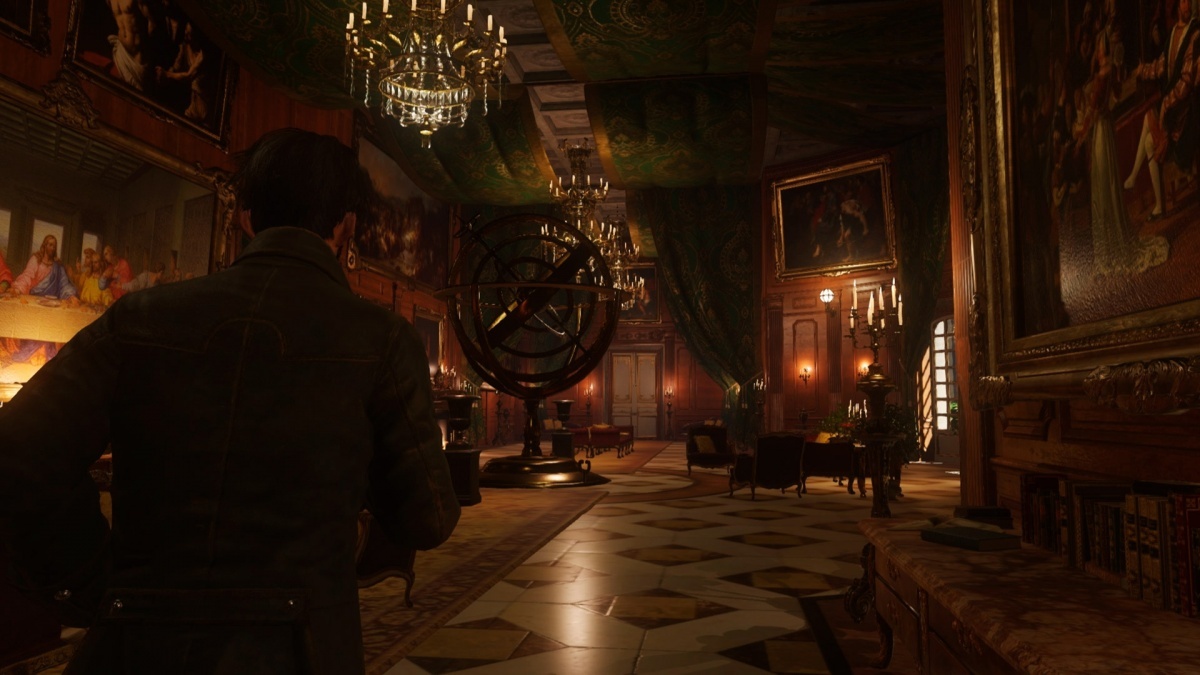
In order to use an ability, whether in a conversation or otherwise, an 'effort' point must be spent, with a "refuelling" ensuing after the end of each chapter. These points can also be replenished by using consumables, adding a pleasant layer of strategy to everything as these aren't exactly in abundance. The problem is that the vast majority of those are acquired in the least exciting way possible, which is by walking all over the place, hoping to get close to one, and activate a shiny helper dot to interact with. This "exploration" part is probably The Council's main flaw right now, as it feels more like a chore. Furthermore, through exploring, it's easy to see the rest of the issues at hand.
For starters, the third-person view is somewhat obstructive, with Luis acting more like a force of annoyance rather than engrossment - thank the almighty Cthulhu for the fact that this is an adventure instead of an action game. The second problem is that, although it lets you walk, it doesn't really lets you walk as freely as you would expect, as most of the paths will be blocked, forcing you to chose amongst door/staircase 'A' or 'B,' whether you like it or not. Moving on to the audio-visuals, this has lost of rough edges here and there, but it's easy to forgive frame=rate drops, subpar facial animation, and so on, because of the art style.
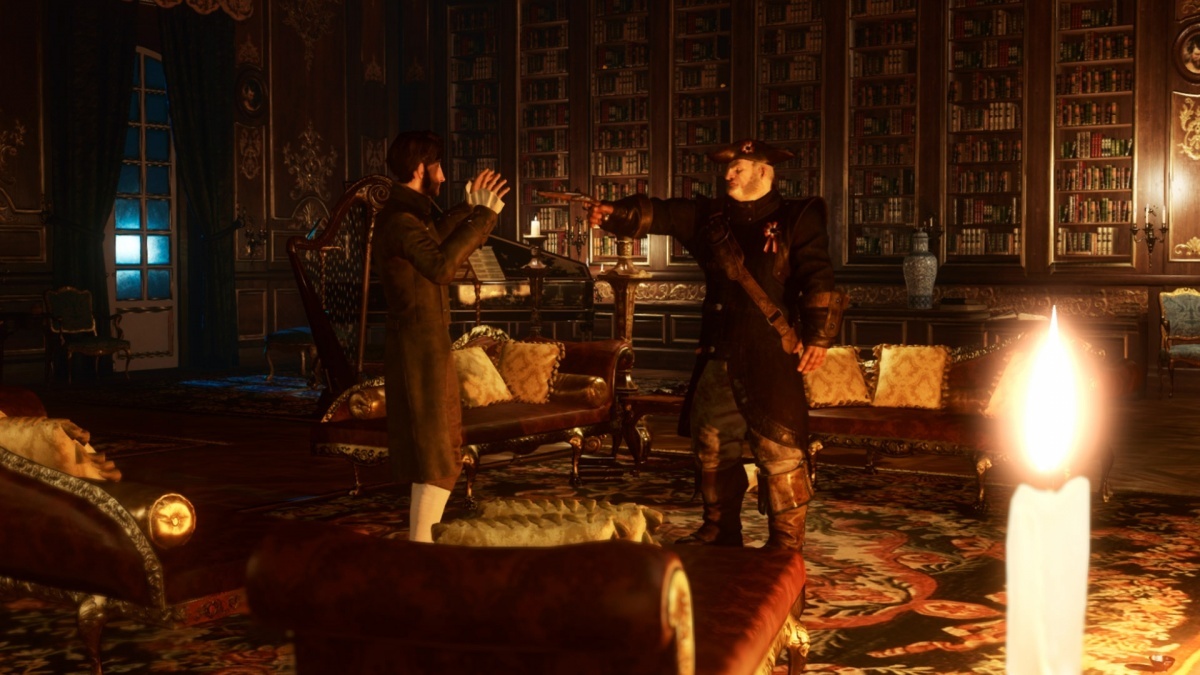
Mortimer's mansion is an imposing museum of popular pieces of high art, with Luis being able to provide brief comments for the many paintings and sculptures. The Dishonored-esque, cartoony/realistic character design is also very good, although only a bunch of these folk are distinctive enough. Sadly, the cast isn't as interesting as it looks. Luis, for instance, is as generic (and similar) to Keanu Reeves in Bram Stoker's Dracula. Yes, his character can be "shaped," but he mostly feels as a walking list of stats rather than a human being. The rest of the characters have their own problems, something that has a lot to do with the writing.
Simply put, this needs work. Oh, sure, nothing ever gives away a sour taste or anything, but the writing quality is mostly decent when it could be awesome, and thus help the already intriguing plot become even more so. The good news is that, despite all these big or small flaws, this introductory instalment clearly shows that this has something good going for it. As mentioned before, choices matter, and vastly alter the overall experience, and the skill mechanic raises the replay value significantly. It's just that there's lots of room for improvement… as well a dire need for a 'Skip Scene' button, as re-watching some scenes when trying to do things differently can get aggravating.
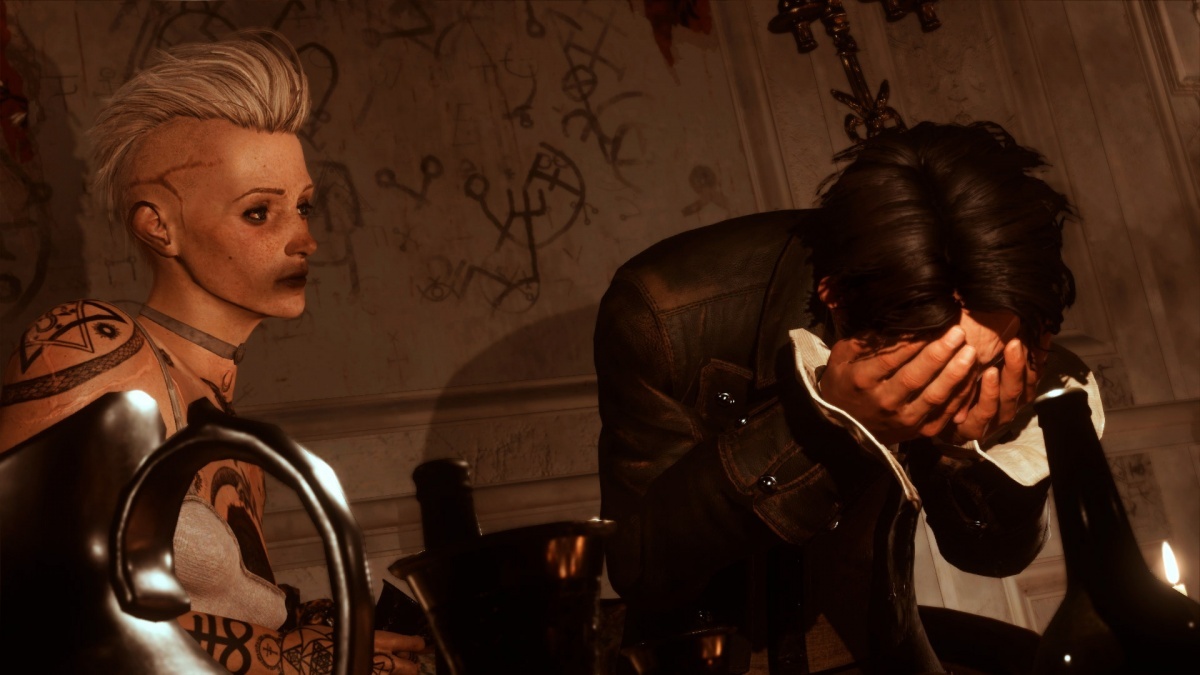
Cubed3 Rating
Very Good - Bronze Award

The Council is off to a really good start with Episode 1: The Mad Ones, with an occultism/conspiracy-heavy story that is as mysterious as it is engrossing, and a RPG skill system that works well in unison with the more "traditional" elements of narrative-driven gameplay. It's a rough diamond, for sure, but at least it is one that provides a fresh look on the genre, making it easy to get hungry for the next chapter.
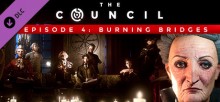
![]() 5/10
5/10
![]() 0
(0 Votes)
0
(0 Votes)
 Out now
Out now  Out now
Out now  Out now
Out now  Out now
Out now Comments
Comments are currently disabled

 Sign In
Sign In Game Details
Game Details Subscribe to this topic
Subscribe to this topic Features
Features





 Top
Top

